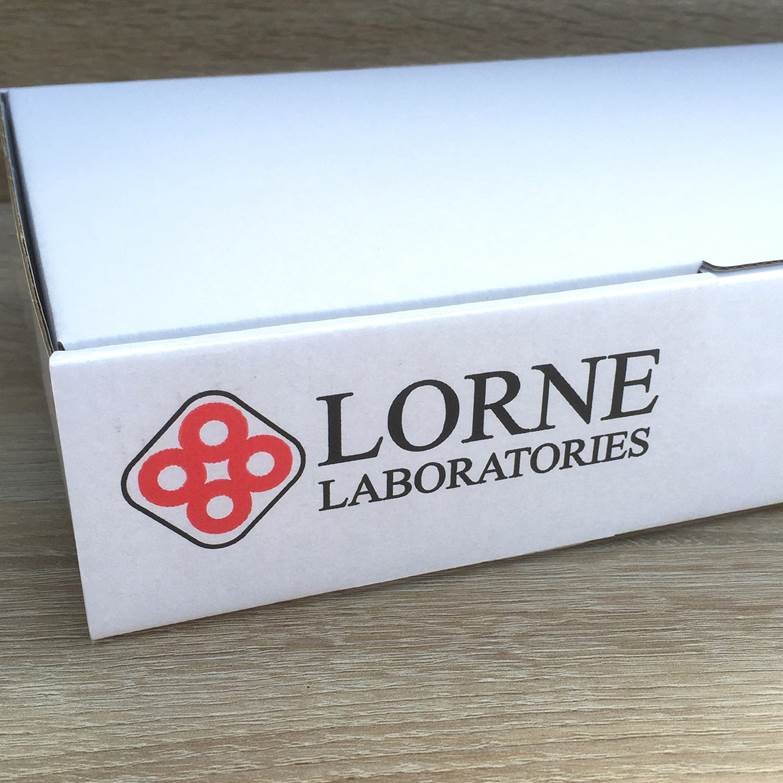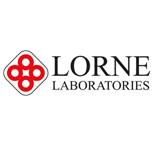Rheumatoid Arthritis Detection
9 October 2015

According to Arthritis Research, approximately 400,000 adults have Rheumatoid Arthritis in the UK.
This debilitating autoimmune disorder principally affects the joints and tendons, and is characterised by the immune system targeting the synovial membranes. Put simply, the body's immune system attacks and destroys healthy body tissue, erroneously.
Detection is essential to allow patients to seek treatment before the severe deterioration of joints occurs. Lorne laboratories' Rose Waaler detection kits use a technique known as passive haemagglutination, in order to facilitate detection of human serum Rheumatoid Factor.
Causes
The causes or triggers for Rheumatoid Arthritis are not yet fully known. In a healthy individual, the immune system makes antibodies to attack any bacteria or viruses, helping to combat infection. In patients with Rheumatoid Arthritis, the immune system erroneously directs antibodies to the joint linings, where they will attack the surrounding tissues.
The attacking immune system causes the thin layer of cells covering the joints (the synovium) to become inflamed and painful. This inflammation in turn provokes the release of chemicals that thicken the synovium and damage nearby bones, cartilage, tendons and ligaments. Left untreated, this can result in a gradual degeneration of the joint, will a severe loss of shape and alignment.
Research is currently on going into exactly why the immune system starts to attack the joints. Many theories have been proposed, including that an infection or virus could be a potential trigger, although none have been categorically proven.
Symptoms
A patient with Rheumatoid Arthritis will experience swelling and inflammation in their joints, with the joints often appearing red and feeling warm to the touch. Suffers are likely to experience varying levels of pain and discomfort accompanied by a decline in their range of motion.
Fatigue is another common symptom of Rheumatoid Arthritis. This is a common response to inflammation in the body but can also be linked to medication and poor sleep.
The disease commonly starts in the hands, feet or wrists and will often spread to other joints and parts of the body.
Detection of Rheumatoid Arthritis
Tests for Rheumatoid Arthritis, seek to identify the presence of the antibody Rheumatoid factor. This antibody is detectable in the blood of approximately 80% of adults with Rheumatoid Arthritis.
In Rheumatoid Arthritis sufferers, high levels of rheumatoid factor can often indicate a more aggressive disease with a higher propensity to develop further complications such as rheumatoid nodules and rheumatoid lung disease.
Rose Waaler testing kits employ passive haemagglutination for the detection of Rheumatoid Factor. The reagent is a suspension of stabilised sheep erythrocytes which are coated with rabbit anti-sheep erythrocyte IgG, which agglutinate in the presence of Rheumatoid Factor (RF). The concentration of the antibody will be too low to provoke agglutination, however with the addition of serum from a patient with Rheumatoid Factor, agglutination will normally be seen.
An alternative Rheumatoid Arthritis test can be performed using a Latex Diagnostic Kit. In these kits, the latex reagent is a suspension of polystyrene latex particles coated with human gamma globulins, which agglutinate in the presence of Rheumatoid Factor (RF).
Treatment of Rheumatoid Arthritis
Once Rheumatoid Arthritis has been confirmed, a combination of drugs can be administered to patients, in order to slow down the progression of the disease and reduce swelling and pain.
DMARDs or disease-modifying anti-rheumatic drugs are likely to be given soon after diagnosis. This family of drugs can slow down the process of the disease. NSAIDs or non-steroidal anti-inflammatory drugs are often administered alongside DMARDs to help combat discomfort and inflammation.
Other drugs often forming part of treatment for the condition include biologics and steroids, which can be used to help reduce chronic inflammation.
To find out more about Rose Waaler testing and our other diagnostic kits, view our product pages or contact us for more information.

Share




